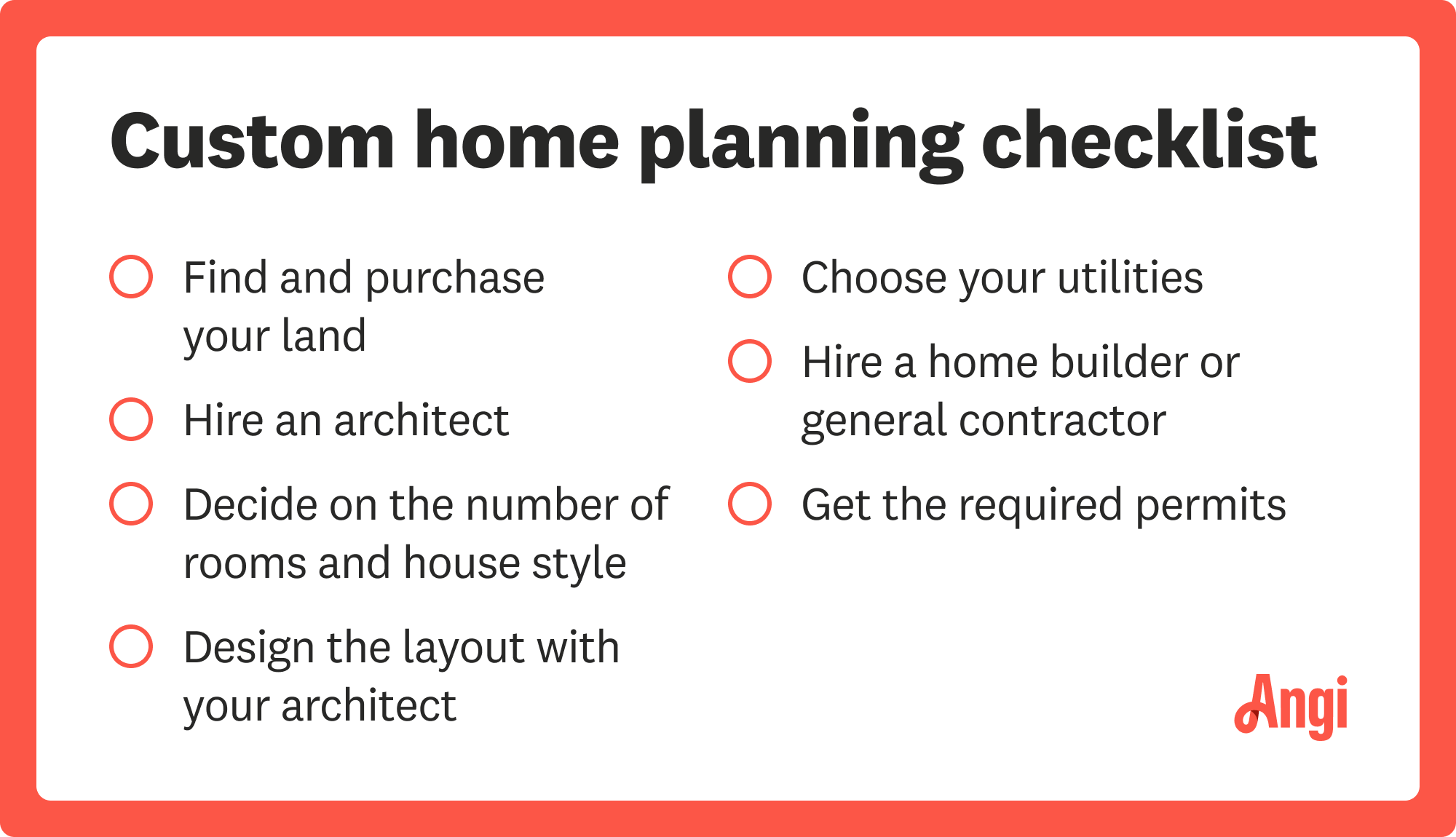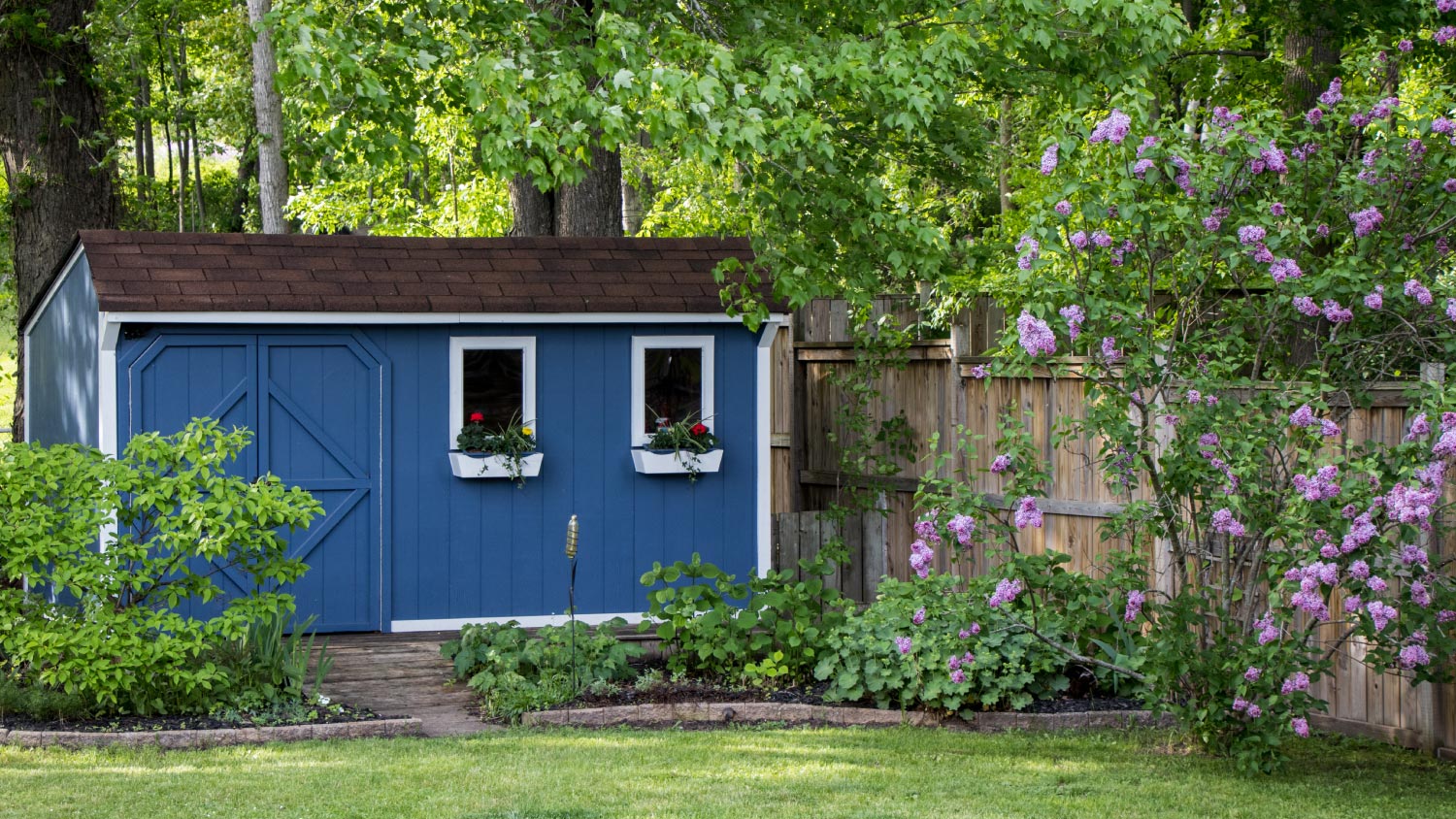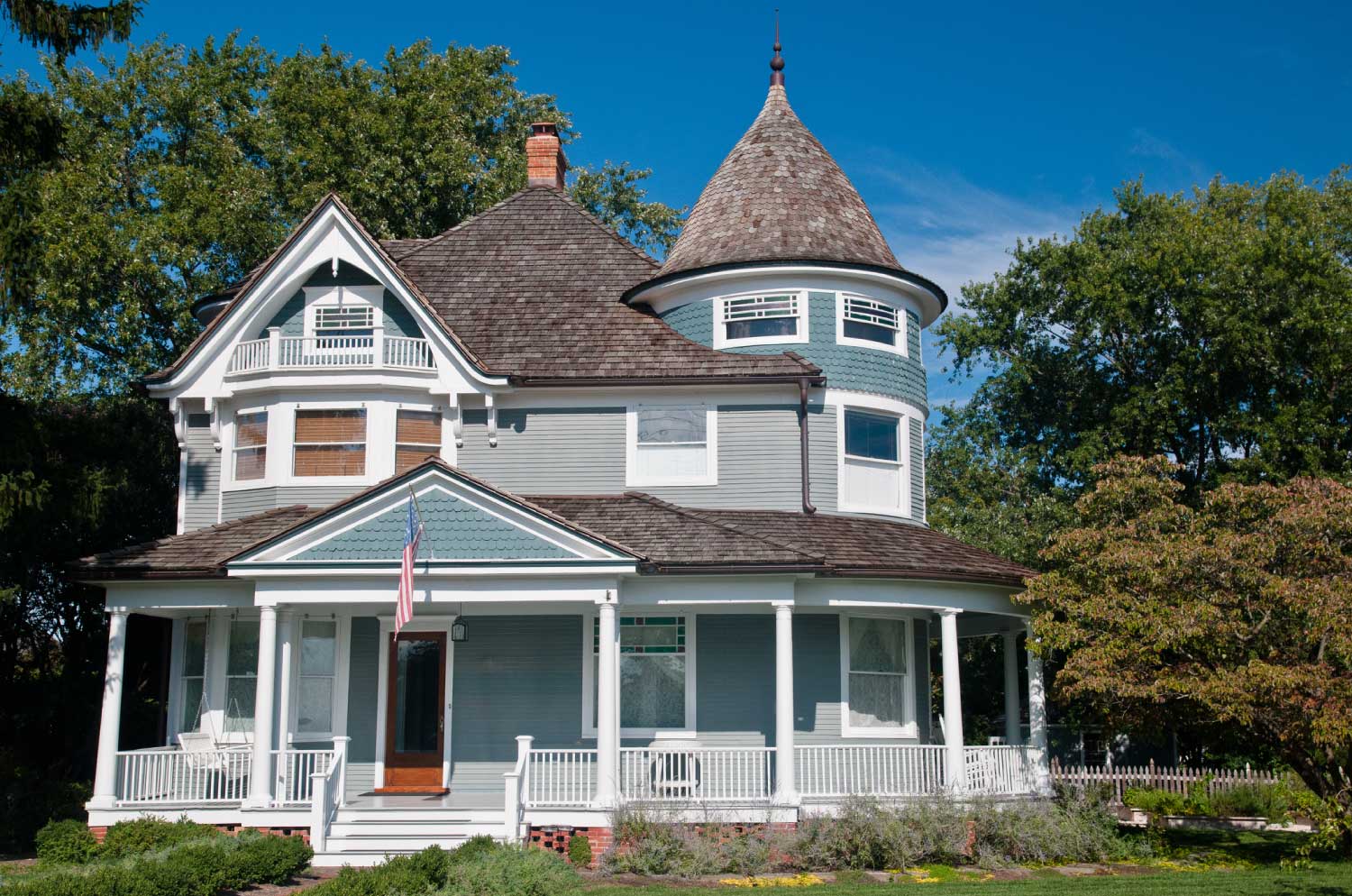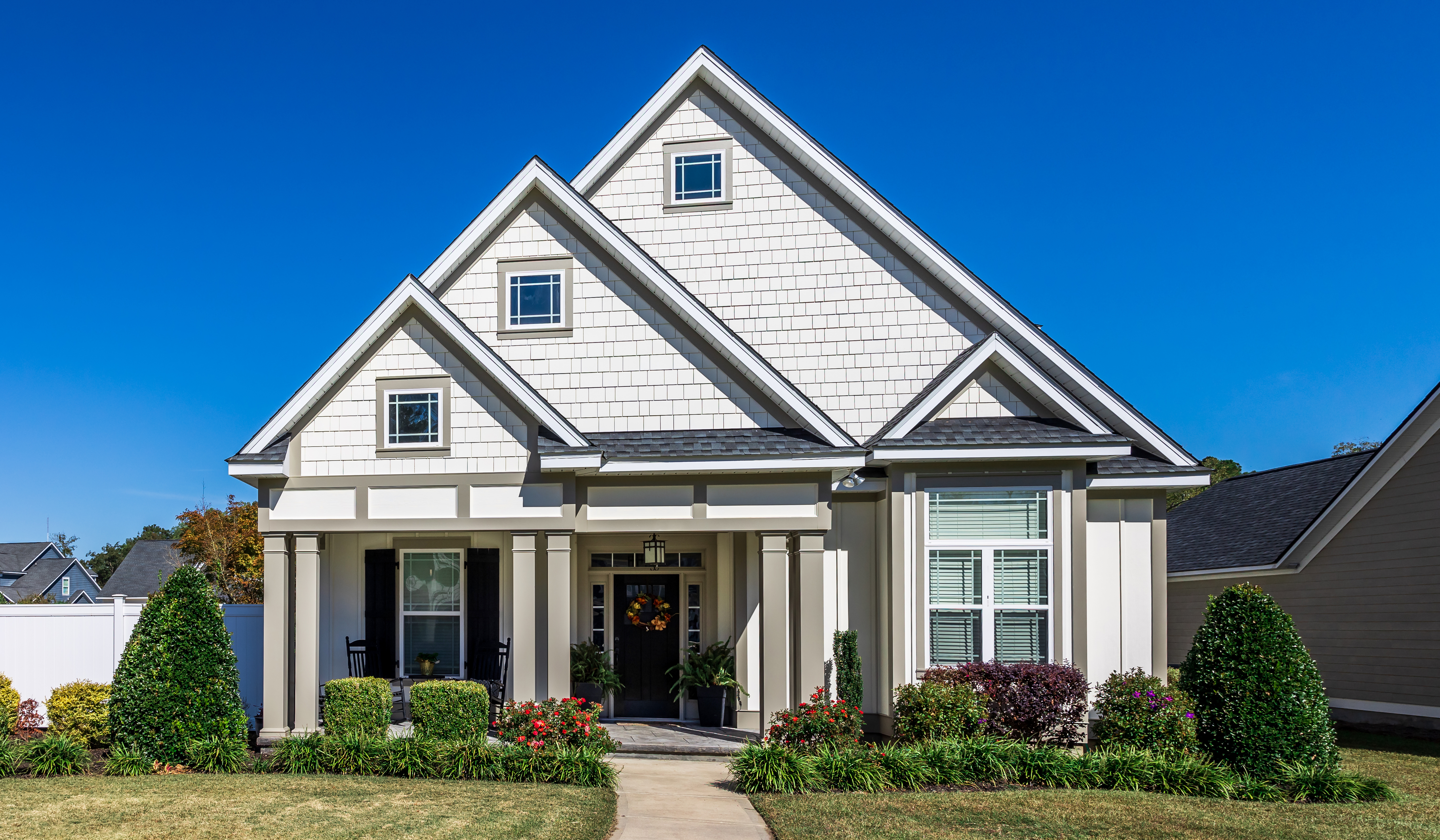
The cost to convert a vaulted ceiling to a second floor depends on factors such as its size, intended function, materials, and the project's complexity.
You should hire a licensed building contractor to build your house


Building a house can be an intimidating process. Bringing your vision into reality, staying within budget, and limiting build time is enough to make the process a stressful one, too. When it comes to a project of this size, it’s best to hire a local homebuilder who is licensed as a general contractor and has specialized experience with building homes.
There are a few key things a homebuilder will do that will make your new construction project go more smoothly.
Match you to the right parcel of land: Your builder can tell you if the land you want to buy (or already own) meets your building preferences and requirements. They have experience with building on undeveloped plots and can give you insights other pros won’t.
Ensure your property has utility access: Undeveloped land may have limited access to utilities like electricity, water, cable, and sewer. A homebuilder will do the necessary research on any additional requirements needed for the build and will have pros on staff who specialize in running utilities to your land.
Test the soil: To obtain a permit and ensure a safe build, your contractor will subcontract a soil engineer to dig into the ground to ensure the parcel's soil will support your foundation. Other pros may not carry out the necessary tests.
Secure better prices for home building materials: From your lighting fixtures to your quartz countertops and brand-new hardwood floors, a building contractor can often use their relationships to get better material prices from suppliers.
Oversee the project: A local homebuilder provides professional project management and will organize every aspect of the home build, from materials and labor to the timeline to build a custom home.
A licensed homebuilder is also responsible for assembling a team of on-staff pros or subcontractors that can align with your vision and move your building project forward. Without a homebuilder on your side, you’d need to vet and hire many individual contractors to get the job done.
| Contractor | Role | Cost for a New Build |
|---|---|---|
| Land clearing pro | Clearing, grading | $1,400–$6,200 |
| Drainage specialist | Land drainage | $2,100–$7,100 |
| Foundation expert | Foundation pouring | $5–$37 per sq. ft. |
| Framer | Framing walls/roof | $4–$16 per sq. ft. |
| Roofer | Installing roof | $4–$30 per sq. ft. |
| Drywall installer | Hanging drywall | $1.50–$3 per sq. ft. |
| Painter | Painting interior | $2–$6 per sq. ft. |
| Flooring pro | Installing flooring | $2–$25 per sq. ft. |
| Plumber | Supply/drain lines | $1,500–$15,000 |
| Electrician | All electrical work | $5,000–$10,000 |
| HVAC tech | HVAC installation | $5,000–$12,500+ |
| Architect | Building design | $25,000–$40,000 |
| Structural engineer | Structural safety | $400–$600+ |
| Siding pro | Installing siding | $5,500–$17,700 |
| Carpenter | Custom woodwork | $30–$200 per hour |
| General contractor | Finish work | 10%–20% of total |
| Septic contractor | Septic/sewer | $3,600–$12,400 |
Yes, you can absolutely hire a general contractor who doesn’t specialize in new construction to build a home, but you should make sure they have some experience with building from the ground up. However, there are a few reasons you should go with a home-building specialist.
First, a general contractor is less likely to be intimately familiar with the new construction process. They can almost certainly get the job done, but they may take longer to find and hire subcontractors who can get the many different pieces of the puzzle to come together. A GC is more likely to subcontract out to professionals for all aspects of the build, though, and act solely as a project manager. This could lead to some delays in your construction process, as well as higher costs. Dedicated homebuilders are more likely to have trusted pros on staff.

Let’s take a look at the seven main steps to build a house, from initial concept to completion of building your dream home.
Planning and permits: During this stage architects draw up blueprints that get the green light from an engineer. The contractor then brings the building plans to your city to get the proper permits and arrange inspections.
Site preparation: Before you actually break ground, the construction site must be ready. Your homebuilder will arrange for soil testing, excavate the area, ensure the area is level, install any necessary drainage systems, and then pour your home's foundation.
Rough framing: The frame is the skeleton of the house from the top down. Carpenters and contractors apply roofing systems, walls, and plywood to the exterior. Then, they’ll install the roof, windows, and exterior doors. Next comes the sheathing that forms a protective barrier, preventing water from penetrating the house.
Electrical, plumbing, and HVAC: During this stage, specialty contractors install wiring, pipes, and heating and AC systems throughout the house.
Insulation: Insulation installers place insulation in the interior and exterior of the home, including the exterior walls, attic, and basement. Your builder may also use insulation in interior walls to act as soundproofing.
Drywall, flooring, and interior: After the electric, heating, and plumbing inspections pass, the next stage is putting up drywall. Once the drywall is complete, the contractor installs flooring, cabinets, countertops, islands, vanities, tubs, toilets, sinks, fixtures, and any built-ins.
Exterior and landscaping: During the final stage, pros put a finishing touch on your home's exterior, including the following:
Pools
Patios
Driveway and walkways
Landscaping
Siding and facades
Painting
After your home passes its final inspection, your builder will obtain a certificate of occupancy from your municipality, and your new home will be move-in ready.
The average cost to build a house is $325,000, with a price range fluctuating between $138,000 and $531,000.
When determining the price of new construction, your homebuilder will factor in location, materials, and home size. The number of bedrooms and bathrooms also affects the total cost. Building a three-bedroom home costs anywhere from $130,000 to $225,000, while a larger five-bedroom home costs $350,000 to $450,000, on average.
The cost to build a custom house is much higher, averaging $825,000 and ranging from $300,000 to $1,200,000.
Home-building is an incredibly labor-intensive and comprehensive project that demands specialized skills, tools, and coordination, so it’s not a job suitable for DIYers. It will require professionals like electricians, plumbers, and HVAC specialists at different project stages, and most municipalities won’t issue permits to anyone other than a licensed contractor.
Even if you could pull permits yourself, a lot can go wrong when building a home. Any mistakes, which are easy to make, can lead to structural instability, leaks, water damage, fire, and other major damage. It’s best to hire a local homebuilder to get the job done properly.
With that being said, you can save some money on labor by doing the finishing work yourself. Leave the planning, foundation, framing, roofing, and utilities to a pro, but consider tackling projects like hanging drywall, taping and spackling, painting, putting in flooring, and installing trim.
From average costs to expert advice, get all the answers you need to get your job done.

The cost to convert a vaulted ceiling to a second floor depends on factors such as its size, intended function, materials, and the project's complexity.

The cost to build a root cellar depends on size, location, materials, and other variables. Our guide will help you decide which option is best for you.

Discover the outbuilding cost for your property. Learn about average prices, cost factors, and ways to save when building or renovating an outbuilding.

Discover how much it costs to build a Victorian house. Explore average prices, key cost factors, and tips to plan your dream Victorian home.

Discover how much it costs to build a cottage. Learn about average prices, cost factors, and tips to budget your cottage build with confidence.

Are you considering building your next home? This guide explains the difference between a spec home vs. custom home so you can make an informed decision.